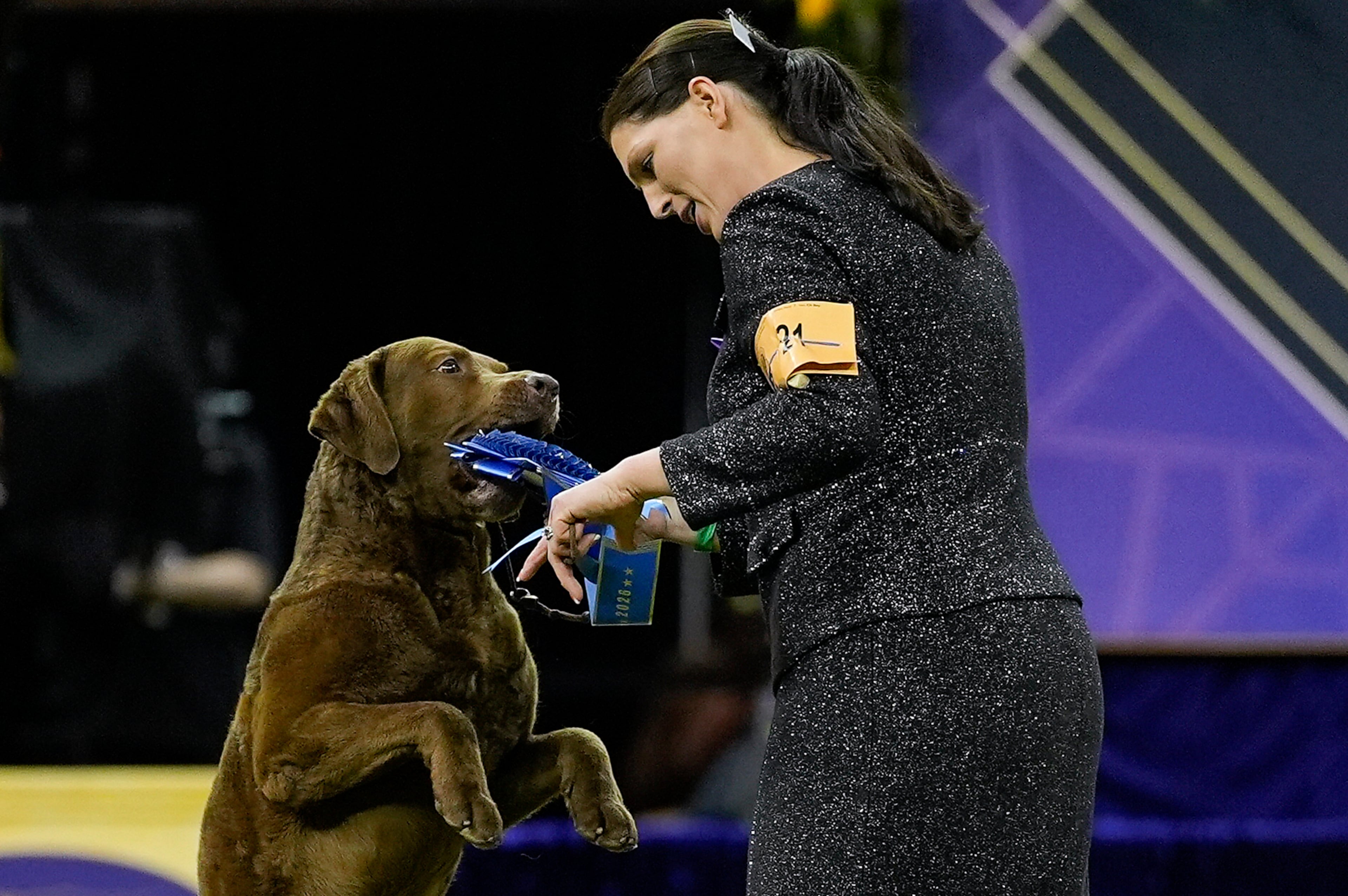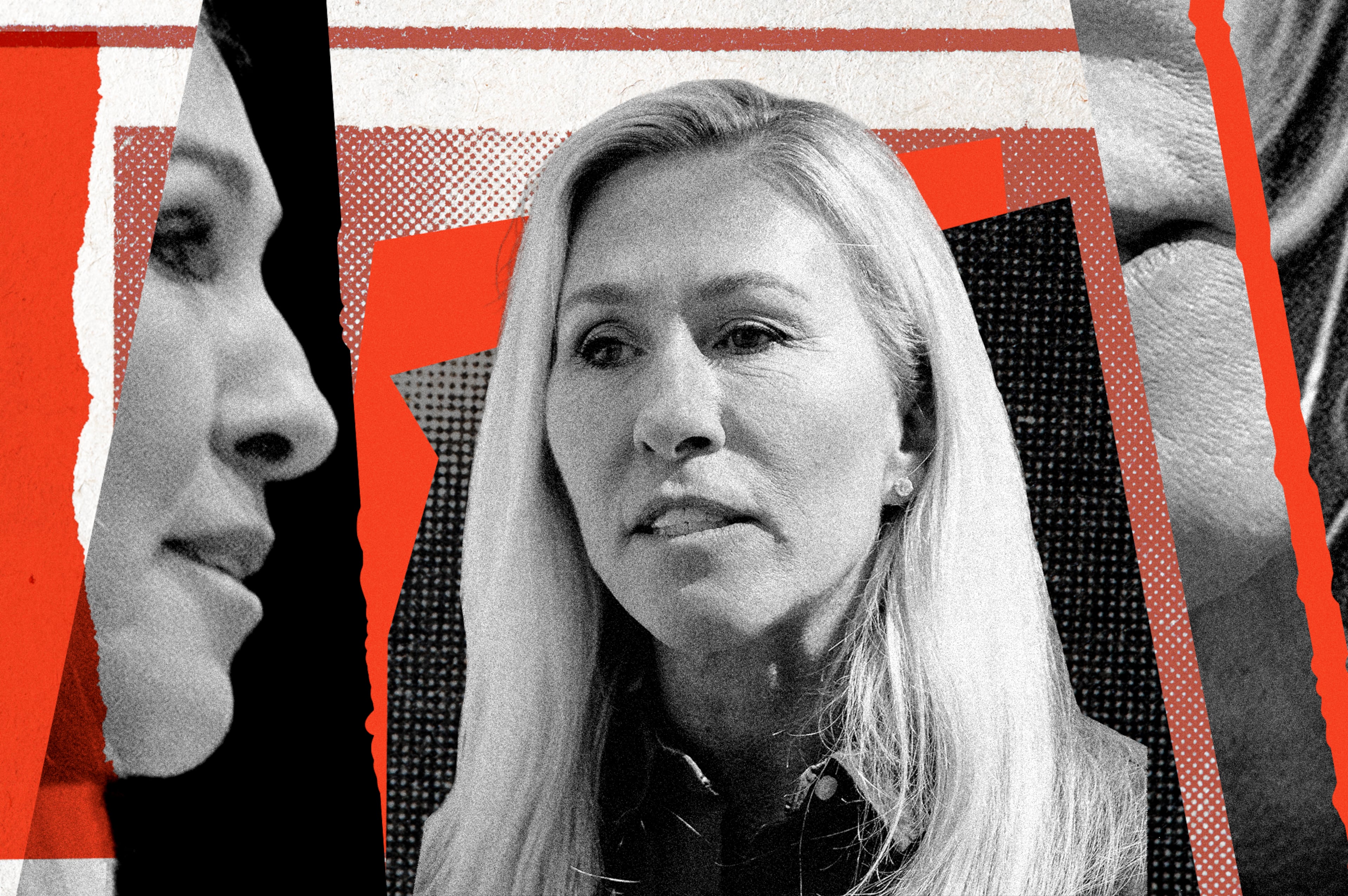Cobb Commissioners approve partial funding for future Braves stadium
The Cobb County Commission approved by a 4 to 1 vote plans for a new $672 million Braves stadium in its backyard.
The crucial vote — which directs $300 million in taxpayer dollars to the development — comes just two weeks and a day after the Braves made a stunning announcement the team was moving from downtown Atlanta to the suburbs.
John Schuerholz, president of the Braves, said the approval marked “a most significant and historic day for our franchise,” in a press conference following the vote. “This gold standard franchise is joining with this gold standard county.”
Braves executive vice president Mike Plant said today marks the beginning of the next phase of planning and construction.
“We got to one finish line tonight and we have a new starting line tomorrow,” he said.
The baseball club and the five-member Cobb commission have remained focused on today’s vote since making the announcement Nov. 11, with the Braves ignoring a call to reconsider from the Atlanta City Council and the commission rejecting pleas to delay the decision from critics of the hasty process.
Commissioners Tim Lee, the chairman, Bob Ott, JoAnn Birrell and Helen Goreham voted in favor of the financing deal.
“Going through this process, bringing a world class organization to Cobb …has made us a stronger and better board,” Lee said.
Birrell called the deal “an opportunity of a lifetime that we can’t afford to pass up.”
But Commissioner Lisa Cupid said while she supported the Braves coming to Cobb County, she was uncomfortable with the speed of the vote.
“I believe this could’ve been a win-win for so many more people … if we only took more time,” she said.
Fans and foes of the deal began crowding into the meeting hall hours before the 7 p.m. hearing was to begin, many sporting “Cobb: Home of the Braves” T-shirts. The meeting began promptly and onlookers who weren’t allowed into the packed room watched from beyond glass doors.
During the one hour public comment, Cobb Chamber of Commerce executive Ben Mathis praised the deal and said it could transform the area.
“This is exactly the kind of development that should be a public private partnership because we all benefit from it,” he said.
But resident Kevin Daniels criticized the plan and how quickly it has passed from announcement to a vote.
“I’ve been really disappointed in the veil of secrecy and the rush… to approve this deal,” he said. “It’s not characteristic of the government I’ve grown accustomed to having in Cobb County, that I grew up with.”
Andrew Windham, who spoke in favor of the deal on behalf of the Cobb Young Professionals, said they “understand the epic and life-changing impact this opportunity avails not only to us and our community but future generations” as he called for its passage.
But Amy Barnes, a Cobb County activist who came to Tuesday’s meeting with a sign that read “Billionaire Care is the next Obamacare” asked commissioners to vote against the deal.
“This is nothing but a back door SPLOST,” she said, adding the development would also invite crime.
Plans for the future stadium and retail complex began brewing just five months ago when Plant and Lee — in a three-hour lunch in early July — first discussed the idea of building a stadium in the county.
Such stadium deals typically take two to three years, if not much longer, to get from initial conversation to governmental approval of an agreement.
At the time of Plant’s meeting with Lee, the Braves were amid negotiations with Atlanta city officials over its lease renewal agreement, set to expire in 2016, and development plans near Turner Field. When the Braves announced the team was leaving for Cobb, Atlanta officials were still vetting a 16-point proposal from the Braves about those plans.
Those plans are now moot, it seems, with Tuesday’s vote on the stadium expected to pass despite vocal opposition from residents concerned about the use of taxpayer dollars. Political affiliations stretching from the Atlanta Tea Party to the Georgia Chapter of the Sierra Club have joined the fight, and watchdog group Common Cause Georgia has called for a referendum on the decision.
This deal calls for the Braves and Cobb County to build an estimated $672 million, 41,500-seat, open-air stadium in time for the start of the 2017 season.
The county’s proposed $300 million share consists of $24 million up-front and $276 million from proceeds of bonds that will be repaid over 30 years from a mix of existing property taxes, existing hotel-motel taxes, a new 3 percent car-rental tax, a new $3-per-night room charge for Cumberland area hotels and a new tax on Cumberland area commercial property and apartment complexes.
Adjacent to the new stadium is a proposed $400 million mixed-use retail development that the Braves will largely control and that will be privately funded. Tuesday’s vote is on the stadium project alone.
While the county will fund approximately 45 percent of the cost, the Braves are responsible for up to $372 million, which could drop to $322 million if the team exercises its option to reduce the project budget by $50 million. The reduction, if made, would be related to a decreased need for parking structures, Plant said.
In any case, $92 million of the Braves’ contribution will come from additional bonds to be issued by Cobb but to be repaid, including interest, with annual payments of $6.1 million by the team to the county. In all, the Cobb-Marietta Coliseum and Exhibit Hall Authority will issue $368 million in bonds, the total of the $276 million to be repaid with the various taxes and the $92 million to be repaid with the Braves payments.
The coliseum and authority unanimously approved the financing Monday.
The Braves will incur private debt for the bulk of their remaining contribution, repaying the loan with team revenue streams, according to club officials. Naming rights and sponsorship sales will be among those streams.
Much remains to be done before Major League Baseball is played in Cobb County.
While the memorandum of understanding contains the key terms of a deal, more definitive contracts must be negotiated.
Meanwhile, the team plans to move quickly in hiring an architect and proceeding with design work.
Dallas-based architecture firm HKS has been consulting with the team on the project.

